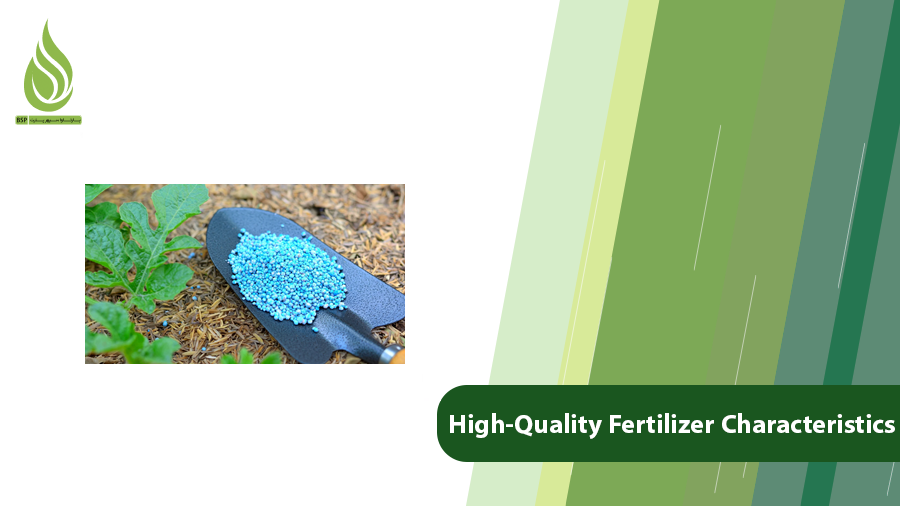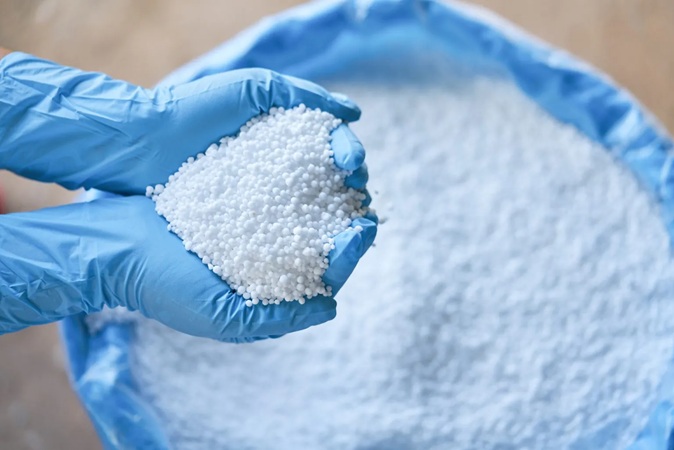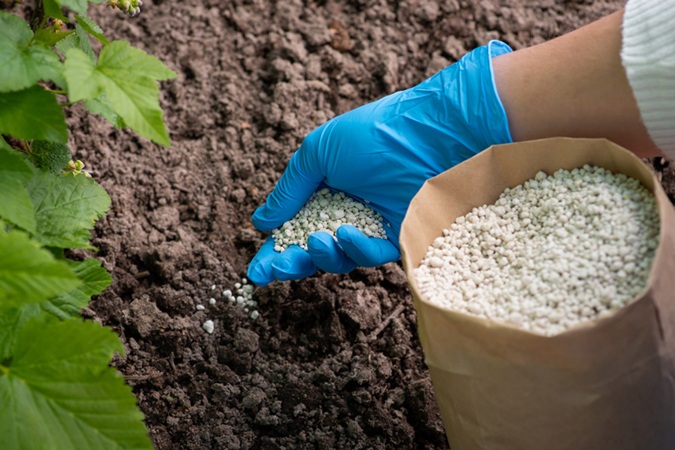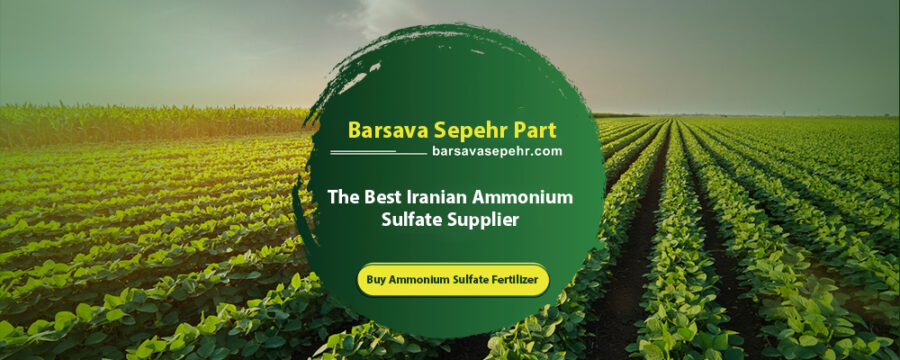
Key Characteristics of High-Quality Agricultural Fertilizer
Fertilizers play a pivotal role in enhancing crop productivity and quality in both farming and gardening. They support healthy plant growth, improve yields, and help crops withstand environmental stresses. However, these benefits only materialize when you use high-quality fertilizers. But what exactly defines a high-quality fertilizer? How can you tell if the one you’ve bought meets the necessary standards, and what are the characteristics of a high-quality fertilizer?
In this guide, we’ll explore the essential characteristics of high-quality types of agricultural fertilizer. We’ll help you make informed decisions to protect your investment and soil health. Whether you’re a farmer dealing with large-scale operations or a gardener maintaining a backyard plot, recognizing these signs ensures you get the most out of your inputs.
Why Does It Matter to Use High-Quality Fertilizer in Modern Agriculture?
High-quality fertilizers are fundamental to improving soil conditions, promoting robust plant growth, increasing crop yields, and building resilience against challenges like drought or pests. When fertilizers meet stringent standards, they deliver nutrients efficiently without harming the environment. Conversely, low-quality or counterfeit products can lead to disappointing results, such as reduced harvests, soil degradation, and even contamination of water sources.
Nitrogen-based fertilizers like ammonium sulfate account for a significant portion of global consumption, emphasizing the need for quality to maximize their benefits. Poor-quality fertilizers often contain inadequate nutrient levels or harmful impurities, leading to nutrient imbalances that stunt plant growth. For instance, improper fertilizer use contributes to environmental issues like nutrient runoff, which affects water quality and ecosystems. Using subpar products can result in economic losses; farmers might see yields drop by up to 20-30% due to ineffective nutrition.
Fake or adulterated fertilizers exacerbate these problems. Counterfeit products often include extraneous materials like sand or low-grade fillers, diluting nutrient content and introducing toxins. This not only wastes money but also risks long-term soil health, as excessive salts or heavy metals accumulate over time. In regions with intensive farming, such as international hotspots, the prevalence of counterfeit fertilizers has led to calls for stricter regulations.
Recognizing high-quality fertilizers empowers you to safeguard your land and crops. For example, opting for reputable ammonium sulfate fertilizer ensures you get a product with proven acidifying properties, ideal for alkaline soils common in arid areas. This focus on quality aligns with sustainable agriculture goals outlined by the FAO, promoting efficient resource use and environmental protection. Ultimately, investing in superior fertilizers translates to healthier plants, higher profits, and a more resilient farming system.
Essential Characteristics of High-Quality Fertilizer
Identifying premium fertilizers involves evaluating several key attributes. These indicators help distinguish genuine products from inferior ones. Let’s break them down step by step.
Examining Color, Smell, and Texture: The Visual and Sensory Clues
The physical appearance of a fertilizer is often one of the first characteristics that define whether the fertilizer is high-quality or not. For example, granular or crystalline types exhibit uniform color and natural hues without clumping. Uneven granules may signal impurities or additives. For instance, ammonium sulfate fertilizer should appear as white or off-white crystals or granules, free from discoloration that might indicate contamination.
Texture matters too; premium products feel dry and free-flowing, not sticky or lumpy. Clumps in granular fertilizers like ammonium sulfate often result from poor manufacturing or storage, reducing their effectiveness. Liquid fertilizers should be clear and sediment-free; any cloudiness or residue suggests degradation or adulteration.
Smell provides another clue. Organic fertilizers should have an earthy aroma, while chemical ones like ammonium sulfate might have a mild, neutral scent. Strong chemical odors or foul smells indicate low quality or spoilage, as highlighted in global agriculture guides on NPK authenticity. These sensory checks, combined with lab tests, ensure you’re getting a product that performs as expected.

Standard Packaging and Comprehensive Labeling
One of the characteristics of high-quality fertilizer is professional packaging with detailed, legible labels. Fertilizers should come in durable, sealed bags or containers to prevent moisture ingress and contamination. The label must include:
- Type and brand name
- Nutrient percentages (e.g., twenty-one percent nitrogen and twenty-four perceent sulfur for standard ammonium sulfate)
- Manufacturer’s name and contact
- Production and expiration dates, expired fertilizers lose potency, as nutrients degrade over time
- Certification numbers from regulatory bodies, such as USDA or equivalent international standards
Products lacking this information or with faded labels are red flags. For ammonium sulfate fertilizer, look for certifications confirming purity and absence of heavy metals.

Chemical Composition Analysis: Ensuring Nutrient Accuracy
High-quality fertilizers deliver the promised nutrients without harmful extras. For example, superphosphate provides about twenty percent phosphorus, while ammonium sulfate fertilizer standards require twenty-one percent nitrogen and twenty-four percent sulfur. NPK fertilizers combine nitrogen, phosphorus, and potassium in varying ratios tailored to crop needs.
Verify compositions match label claims; discrepancies often indicate fakes. Premium products are free from heavy metals, excess salts, or pathogens in organics. Nutrient uptake, preventing issues from substandard inputs. For ammonium sulfate, its dual benefits, supplying nitrogen for growth and sulfur for protein synthesis, make it a staple, but only if purity is maintained.
Adulterated fertilizers might contain fillers like chalk, reducing efficacy. Always cross-check with soil tests before widespread use.
Moisture Content: A Balance for Optimal Performance
Controlled moisture is crucial, too much leads to clumping and mold, while too little suggests aging or improper storage. For example, one of the characteristics of High-quality ammonium sulfate fertilizer is low moisture (under one to two percent) for easy handling and longevity.
Test by feeling for dryness; avoid products that feel damp. Advanced manufacturing ensures consistent moisture levels, supporting better field application.

Purchasing from Reputable Manufacturers and Retailers
Sourcing from established brands minimizes risks. Look for companies with long histories and positive farmer feedback. Approved suppliers or members of fertilizer associations offer assurance. For ammonium sulfate fertilizer, brands adhering to global standards provide reliable performance.
Avoid unbranded or bulk items without provenance, as they often harbor counterfeits. The Chemicals Knowledge Hub reports on the global issue of fake fertilizers causing economic and ecological harm.
Soil and Plant Reaction: The Ultimate Test
One of the most important characteristics of a high-quality fertilizer is to see its positive effects: enhanced growth, greener foliage, and improved soil texture. If you notice leaf burn, yellowing, or stunted growth, it could indicate impurities or incompatibility. Ammonium sulfate, with its mild acidifying effect, benefits neutral to high-pH soils, boosting nutrient uptake without issues when pure.
Monitor post-application; quick improvements confirm quality.
Solubility Test: A Simple Quality Check
Solubility is key for nutrient delivery. Dissolve a sample in water; high-quality fertilizers like ammonium sulfate dissolve fully without residue. Poor dissolution signals low purity.
Important Tips When Buying Agricultural Fertilizers
To ensure you get high-quality products:
- Don’t chase very low prices; fakes are often cheaper.
- Buy from licensed stores or direct from manufacturers.
- Skip bulk or unlabeled items.
- Consult experts or labs if unsure.
- Get official receipts.
- Check production dates and storage.
- Test small quantities first.
Quality fertilizers prevent soil and water pollution while delivering essentials.
Additional Insights: Global Standards and Sustainable Practices
Fertilizer quality standards emphasize sustainability. The FAO and USDA advocate for products minimizing environmental impact, like ammonium sulfate, which reduces soil pH without excessive runoff. Certifications like ISO or organic seals add credibility.
Counterfeit detection has advanced with tech like spectroscopy, but basic checks remain vital. For ammonium sulfate, benefits include up to eighteen percent yield increases in wheat.

Barno Ammonium Sulfate: The Best High-Quality Ammonium Sulfate Fertilizer in Iran
Quality fertilizer is the cornerstone of successful farming. It must feature standard compositions, high purity, reputable branding, and secure packaging. Such products dissolve well in soil, delivering nutrients effectively without causing salinity or buildup.
If you’re seeking top-tier ammonium sulfate fertilizer, Barno stands out as one of Iran’s best options. Produced by Barsava Sepehr Part, it offers:
- Dedicated production with quality assurance: Crystalline, granular, and powder forms are made with advanced tech for high purity.
- Necessary certifications: Years of experience, with approvals for domestic and international sales.
- Fair pricing: Competitive costs without compromising quality.
- Versatile for crops: 21% nitrogen and 24% sulfur suit grains, vegetables, fruits, and ornamentals.
- Rapid, visible effects: Quick absorption enhances growth, greenery, and yields; sulfur aids alkaline soil correction.
- Uniform appearance: Dry, even granules without clumps ensure easy application.
Choosing Barno ammonium sulfate fertilizer guarantees soil health and sustained productivity. Barsava Sepehr Part, with its stellar track record, supplies farmers worldwide. For those in alkaline regions, its acidifying properties unlock micronutrients, preventing deficiencies like iron chlorosis.
The Broader Impact of Quality Fertilizers on Agriculture
High-quality inputs like ammonium sulfate support precision agriculture, reducing waste and enhancing efficiency. With tools like soil testing, farmers can tailor applications for optimal results. This approach aligns with Chemical Agriculture trends focusing on safe, effective chemicals. Ammonium sulfate’s benefits extend to specialty crops, providing sulfur for better flavor and nutrition. Its affordability makes it accessible.
Beware of signs like incomplete dissolution or residue, indicating fakes. Counterfeits often use poor packaging or toxic additives. Inaccurate content leads to overuse and marginal effects.
Conclusion
Knowing the characteristics and choosing high-quality fertilizers like Barno ammonium sulfate ensures vibrant crops and healthy soils. By checking appearance, labels, composition, and more, you avoid pitfalls and reap rewards. For the best ammonium sulfate fertilizer, trust proven brands to elevate your farming.
